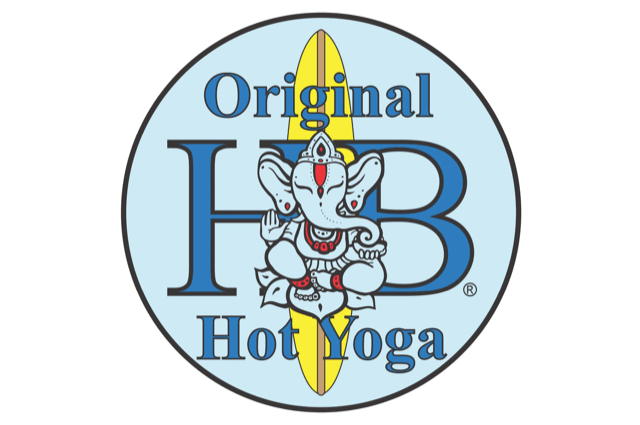“Hot Yoga Potent Anti-Depressant”
Adults in clinical trial experienced 50% reduction in symptoms and 44% of participants felt “in remission”.
A recent random, controlled clinical trial of adults with moderate-to-severe depression, found those adults who participated in heated yoga sessions experienced significantly greater reductions in symptoms of depression compared to a control group.
The detailed trial results can be found HERE.
The study was led by researchers at Massachusetts General Hospital in Boston and published in the Journal of Clinical Psychiatry. The results of the study indicate that heated yoga could be a viable treatment option for patients with depression.
In the 8 week trial, eighty participants were randomly places into 2 groups. The first group received 90-minute sessions of Bikram yoga (Original Hot Yoga), practiced in a 105°F environment, while the second random group was placed on a waitlist (waitlist participants completed the yoga intervention after their waitlist period). A total of 33 participants in the yoga group and 32 in the waitlist group were included in the study.
Participants in the first intervention group were recommended at least 2 hot yoga classes per week, and in general they attended an average of 10.3 classes over the 8 weeks of the study.
After 8 weeks, the yoga participants had a significantly greater reduction in depressive symptoms than non participants. The diagnosis of symptoms was assessed through the clinician-rated Inventory of Depressive Symptomatology (IDS-CR) scale.
Symptoms of depression were reduced even in those participants who received only half of the intended yoga sessions. This clearly suggests that hot yoga sessions just once a week could be beneficial to those suffering from depression.
Researchers also observed that almost 60% percent of yoga participants had a 50% or greater decrease in symptoms, compared with 6.3% of the non-yoga participants. In addition, 44% in the yoga group achieved such low symptom (IDS-CR) scores that their depression was considered in remission, compared with 6.3. percent in the non-yoga waitlist group.
“Hot Yoga and heat-based interventions could potentially change the course for treatment for patients with depression by providing a non-medication–based approach with additional physical benefits as a bonus,” said lead author Maren Nyer, director of Yoga Studies at the Depression Clinical and Research Program at Massachusetts General Hospital and an assistant professor of psychiatry at Harvard Medical School.
“We are currently developing new studies with the goal of determining the specific contributions of each element — heat and yoga — to the clinical effects we have observed in depression,” added Nyer.
Study participants rated the hot yoga or heated yoga sessions overwhelmingly positively, and the participants experienced no serious adverse effects associated with the intervention (such as may occur with medication intervention).
“Future research is needed to compare heated to non-heated yoga for depression to explore whether heat has benefits over and above that of yoga for the treatment of depression, especially given the promising evidence for whole body hyperthermia as a treatment for major depressive disorder,” said senior author David Mischoulon, director, Depression Clinical and Research Program at MGH.
The above study was supported by the National Center for Complementary and Integrative Health.

